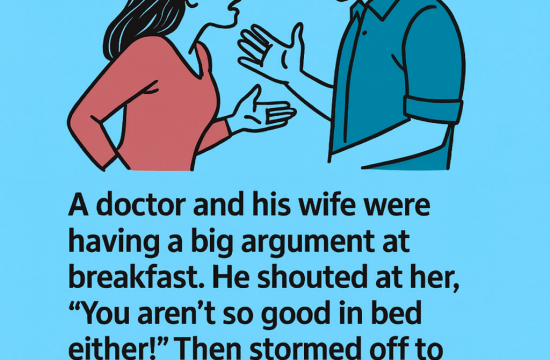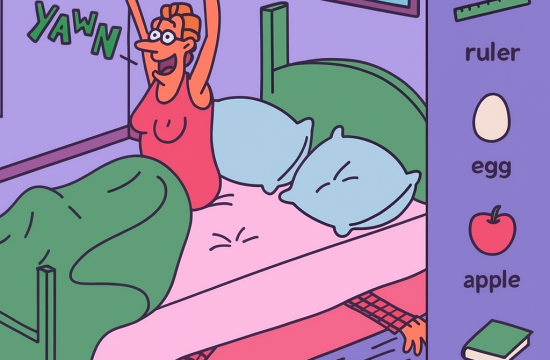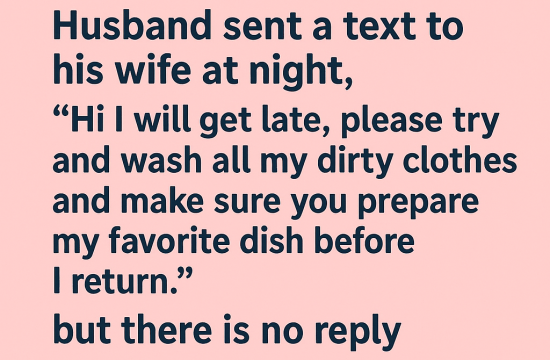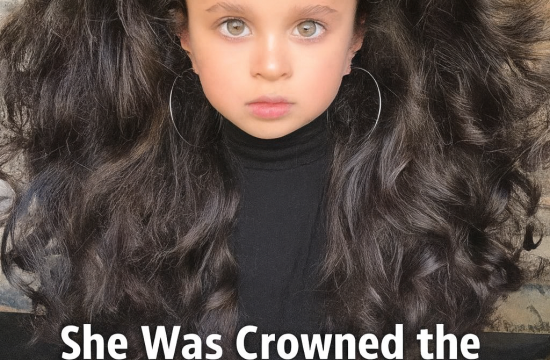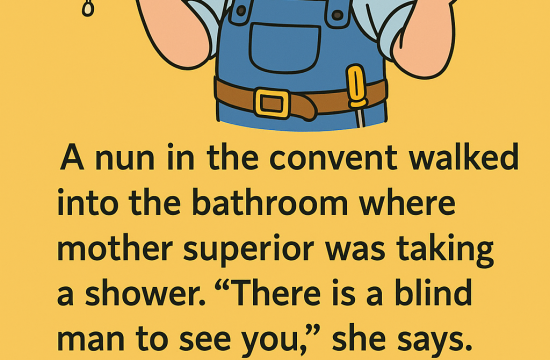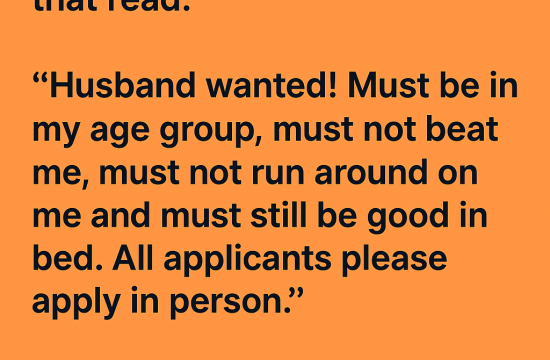Legal Battle Over Personalized License Plate Continues: Supreme Court Awards Damages
The ongoing legal dispute over Lorne Grabher’s personalized license plate bearing his family name took a new turn as the Supreme Court of Nova Scotia awarded him $750 in court costs. Grabher had been fighting to regain his license plate since it was revoked by The Registrar of Motor Vehicles in 2016. The decision was based on a report by McGill University professor Carrie Rentschler, suggesting that the license plate supported sexual violence against women. However, Grabher’s lawyer argued against the report’s connection to derogatory comments made by President Donald Trump.
Court Awards Damages
“The same-costs award will do justice between the parties.”


